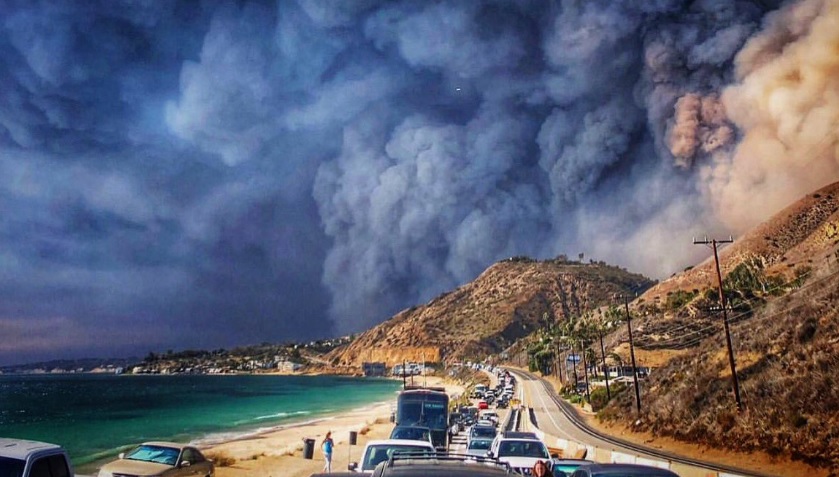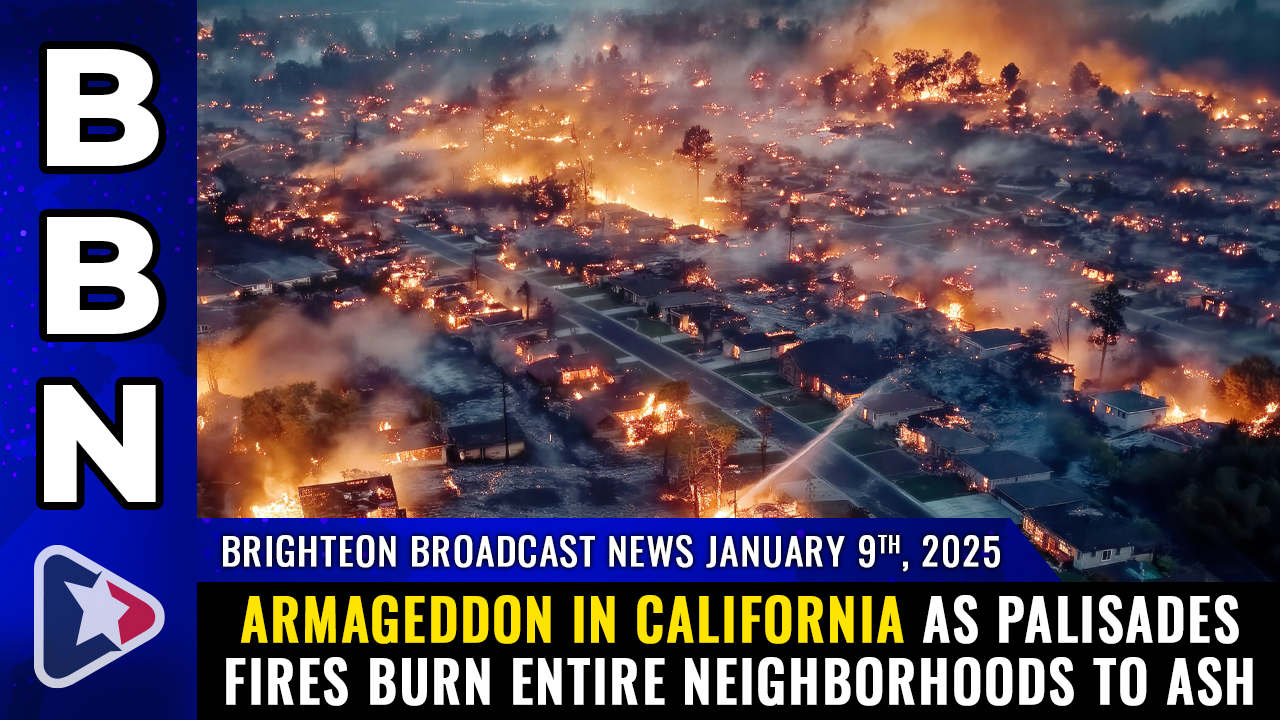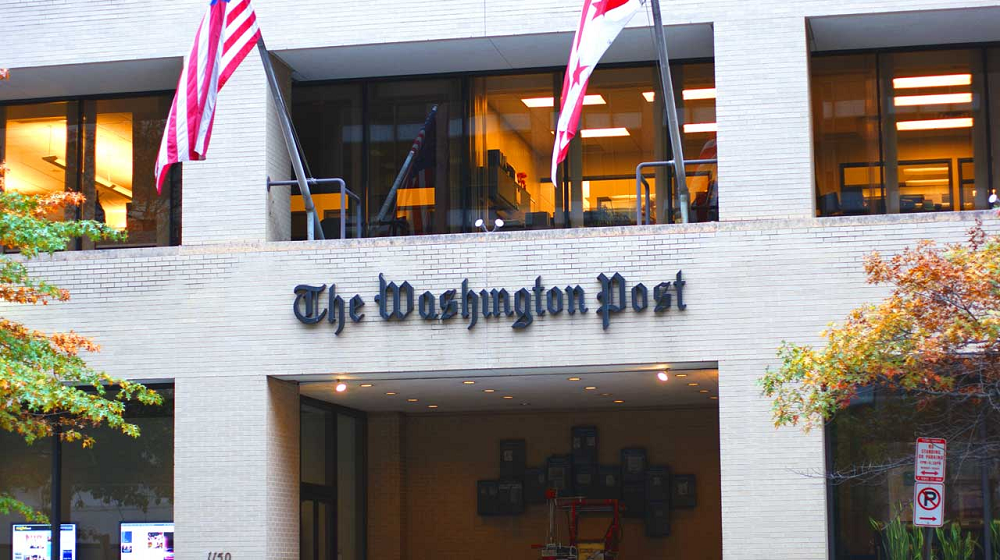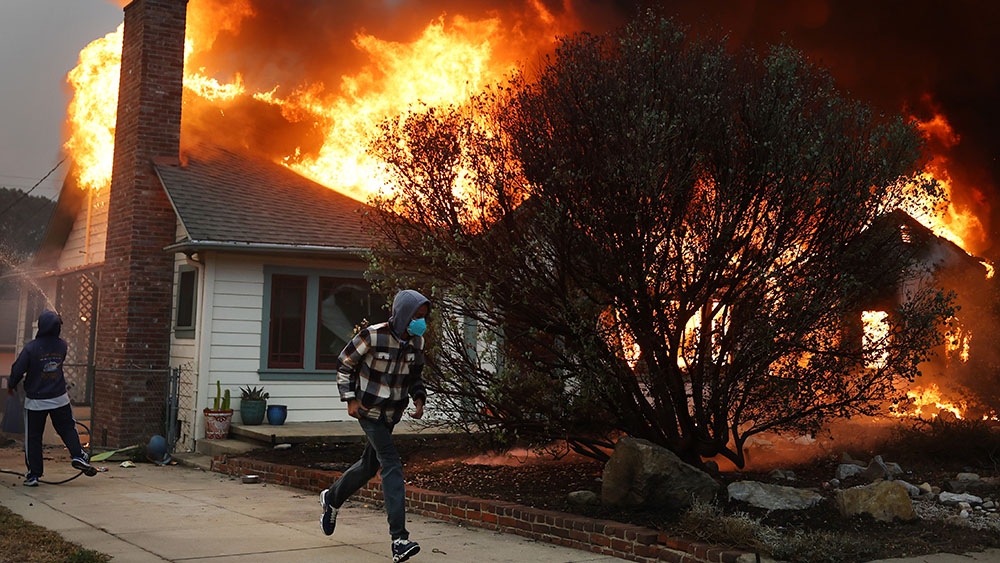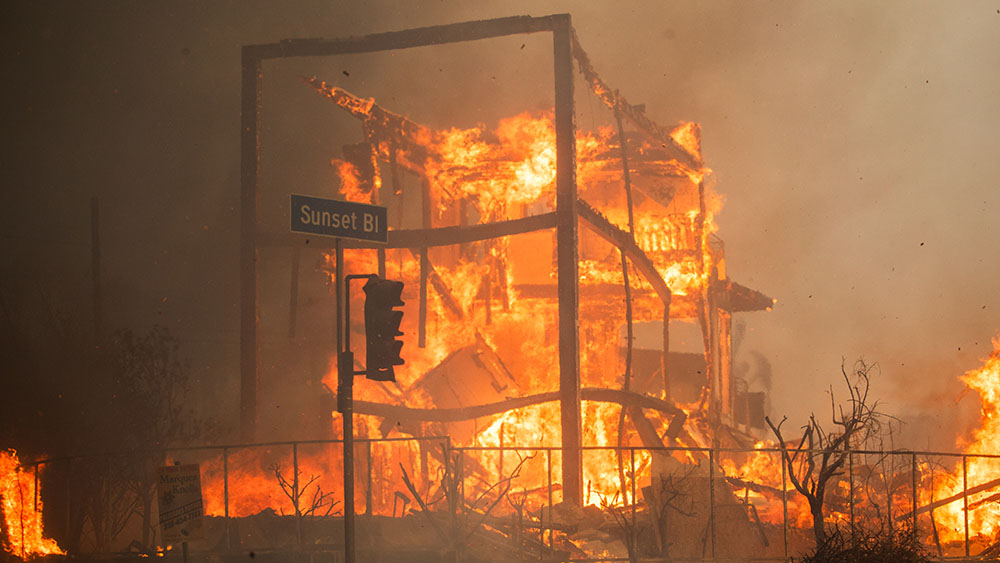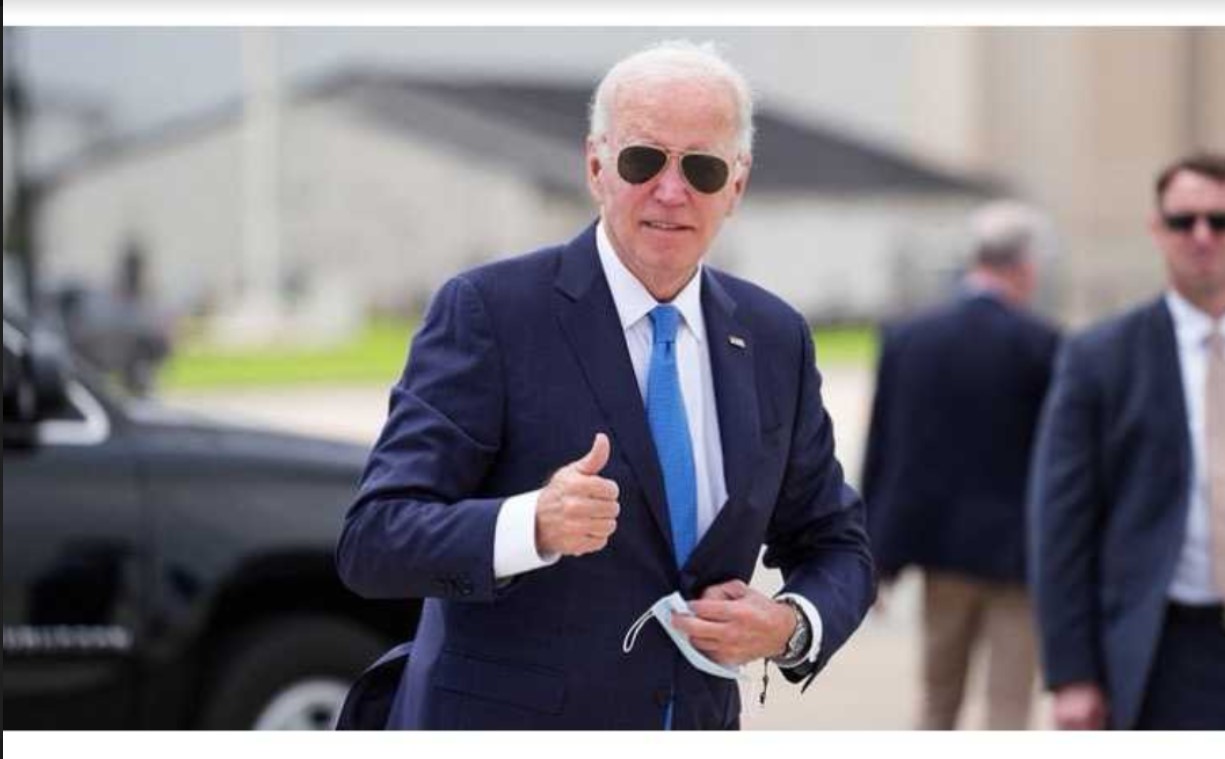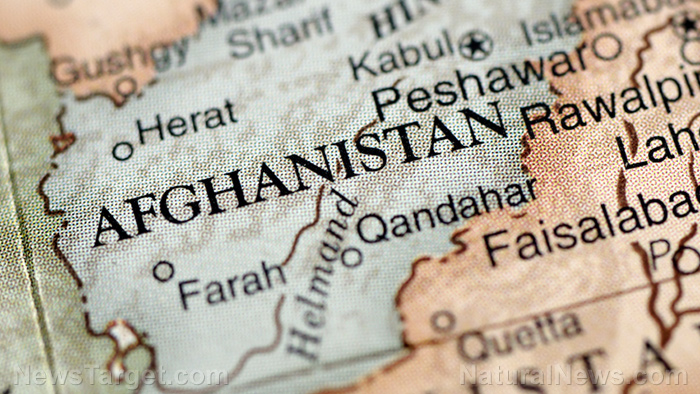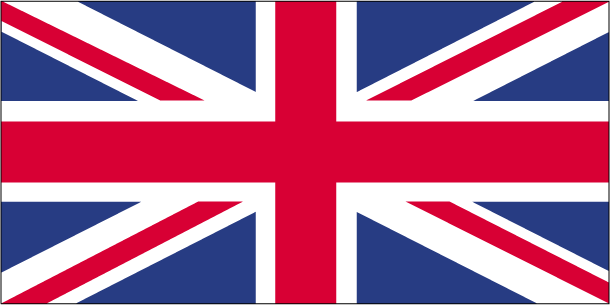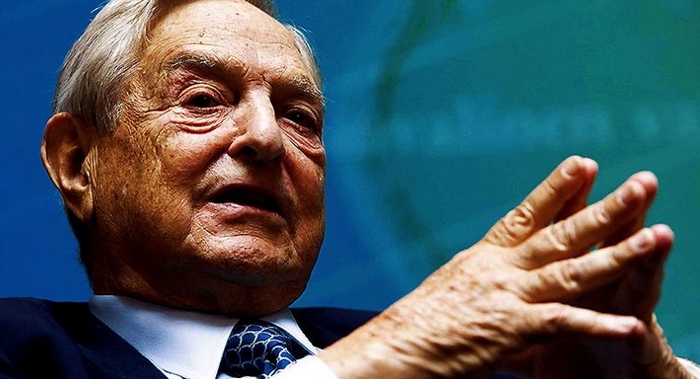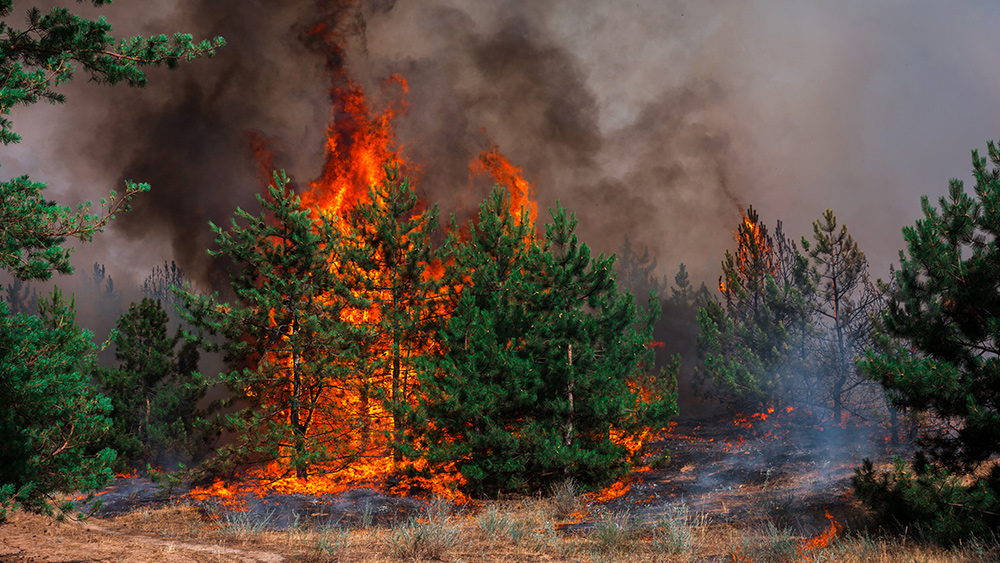Macron’s “ingratitude” comment on Africa sparks backlash as France’s influence in the region wanes
01/10/2025 / By Belle Carter
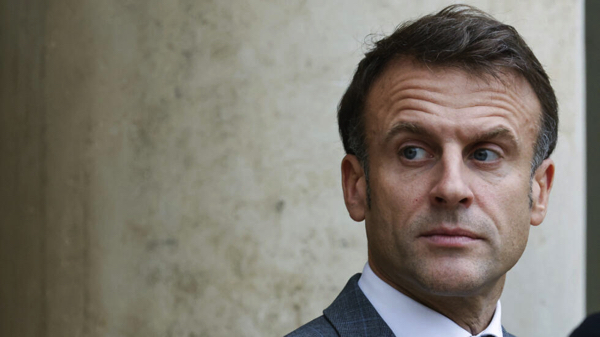
- French President Emmanuel Macron faced backlash from African leaders for suggesting that Sahelian nations had not expressed gratitude for France’s military interventions in the region.
- Macron defended France’s military presence, stating that it was essential for the sovereignty of Sahelian countries. However, this claim was met with skepticism and criticism.
- Several West African countries, including Chad and Senegal, have expelled French troops and sought to redefine their relationships with France, viewing French military presence as a relic of colonialism.
- African leaders highlighted the contributions of African soldiers in World War II and criticized France for past actions that had “disastrous consequences” for regional security.
- As France’s influence wanes, African nations are turning to alternative partners like Russia for security alliances, marking a significant shift in the region’s geopolitical landscape.
French President Emmanuel Macron faced sharp criticism from African leaders this week after suggesting that Sahel nations had failed to express gratitude for France’s military interventions in the region.
Speaking at an annual ambassadors’ conference in Paris on Monday, Jan. 6, Macron defended France’s role in combating Islamist insurgencies in West Africa, claiming that no Sahelian country would remain sovereign without French support.
His remarks, however, were met with swift rebukes from Chad, Senegal and other African nations, further straining France’s already deteriorating relationships with its former colonies.
The controversy comes amid a broader shift in West Africa, where several countries have expelled French troops and sought to redefine their ties with former colonial powers. France’s military presence in the region, once seen as a stabilizing force, is now widely viewed as a relic of colonialism, with many nations turning to alternative partners like Russia.
At the heart of the dispute are Macron’s comments about France’s military interventions in the Sahel, a region plagued by jihadist violence and political instability. France launched Operation Barkhane in 2014, deploying thousands of troops to Mali, Niger and Burkina Faso to combat Islamist militants. The mission followed an earlier intervention in Mali in 2013 when French forces helped prevent the fall of Bamako to insurgents.
Macron argued that these efforts were essential to preserving the sovereignty of Sahelian nations.
“We were right [to deploy]. I think someone forgot to say thank you. It’s okay, it will come with time,” he said, adding that no African country in the region would be sovereign today “if the French army hadn’t deployed in the region.”
African leaders push back
Macron’s comments drew immediate backlash from African leaders, who accused him of displaying contempt for their nations.
Chad’s Foreign Minister Abderaman Koulamallah condemned the remarks as “reflecting a contemptuous attitude toward Africa and Africans.” In a televised address, Koulamallah stated that France’s presence in Chad had often served its own strategic interests “without any real lasting impact on the development of the Chadian people.”
Senegal’s Prime Minister Ousmane Sonko also rejected Macron’s claims, calling them “totally wrong.” He emphasized that Senegal’s decision to close French military bases by the end of 2025 was a sovereign choice, not a result of negotiations with France.
“France has neither the capacity nor the legitimacy to ensure Africa’s security and sovereignty,” Sonko said, adding that France’s past actions, such as its role in destabilizing Libya, had “disastrous consequences” for regional security.
Both Sonko and Koulamallah highlighted the historical contributions of African soldiers to France’s own liberation during the World Wars.
“Had African soldiers, sometimes forcibly mobilized, mistreated, and ultimately betrayed, not been deployed during the Second World War to defend France, it would, perhaps still be German today,” Sonko said.
The backlash against Macron’s remarks underscores a broader trend of declining French influence in West Africa. In recent years, military coups in Mali, Burkina Faso and Niger have led to the expulsion of French troops, while Chad and Senegal have terminated defense agreements with Paris. Ivory Coast, another former French colony, recently demanded the withdrawal of French military personnel by Jan. 1.
N’Djamena’s decision to end its defense pact with Paris in November marked a significant shift. The country’s government stated that it was “time for Chad to assert its full sovereignty and redefine its strategic partnerships according to national priorities.”
France’s military interventions in Africa date back to the colonial era, but its post-independence role has often been controversial. While Operation Barkhane was initially welcomed as a counterterrorism effort, it became increasingly unpopular as civilian casualties mounted and jihadist violence persisted. Critics argue that France’s presence failed to address the root causes of instability, such as poverty, corruption and weak governance.
As France’s influence wanes, the region is witnessing a realignment of geopolitical alliances, with Russia and other global powers vying for influence. Many African nations have turned to Russia for security partnerships, with junta-led governments in Mali, Burkina Faso and Niger signing agreements with Moscow. (Related: France declares WAR on Russia: There are “no red lines” so just do whatever you want, French official tells Zelensky.)
Watch the video below that talks about Macron pushing for World War III against Russia.
This video is from Rick Langley’s channel on Brighteon.com.
More related stories:
France turns on Israel: “It’s time to stop sending arms to Israel,” says Macron.
EU could DIE in 3 years due to overspending, overregulation and underinvestment, warns Macron.
French prime minister ousted following vote of no confidence.
Sources include:
Submit a correction >>
Tagged Under:
Abderaman Koulamallah, Chad, contempt, deception, Emmanuel Macron, French colonies, ingratitude, military intervention, Ousmane Sonko, regional security, Russia, Senegal, sovereignty, West Africa, World War II
This article may contain statements that reflect the opinion of the author
RECENT NEWS & ARTICLES
COPYRIGHT © 2017 COLLAPSE.NEWS
All content posted on this site is protected under Free Speech. Collapse.news is not responsible for content written by contributing authors. The information on this site is provided for educational and entertainment purposes only. It is not intended as a substitute for professional advice of any kind. Collapse.news assumes no responsibility for the use or misuse of this material. All trademarks, registered trademarks and service marks mentioned on this site are the property of their respective owners.

